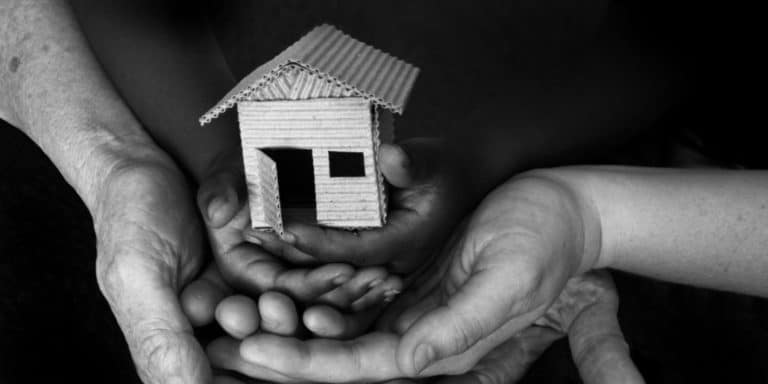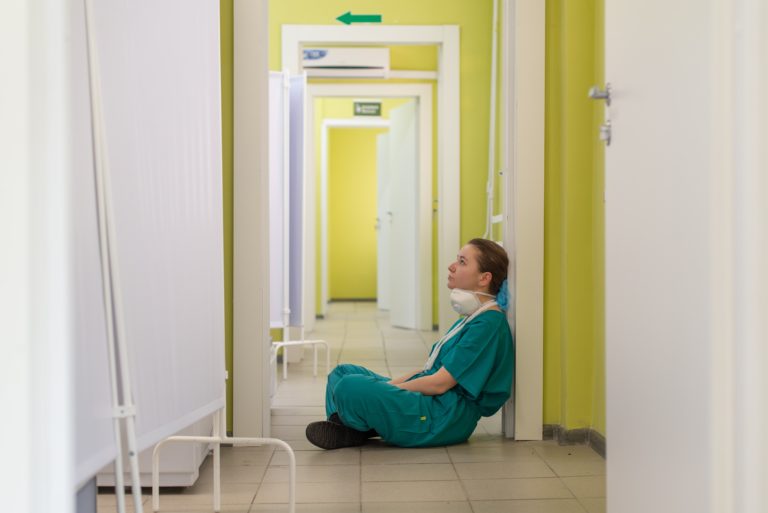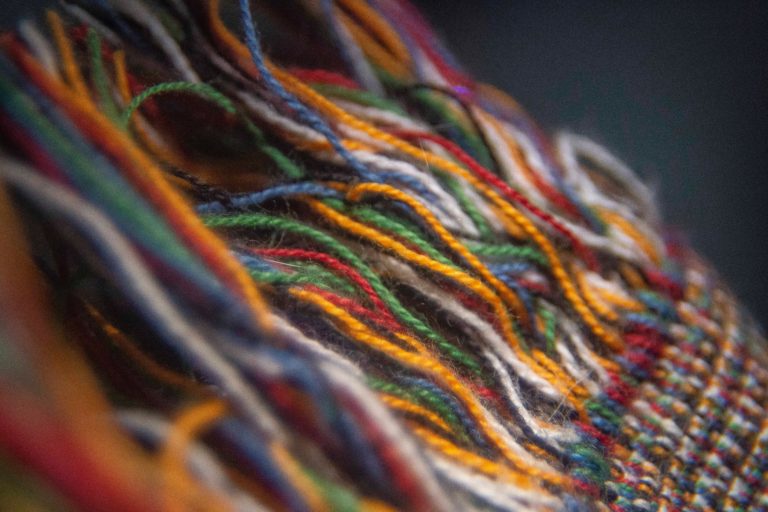Beyond the Couch
Some additional perspectives to consider.
A Grand Experiment in Community Mental Health: The DC Institute for Mental Hygiene
After graduating from Catholic University, I inquired where people went to get the best training in psychodynamic/psychoanalytic theory and practice. The Washington School of Psychiatry and the DC Institute for Mental Hygiene were named repeatedly.
I knew nothing about the Institute’s stellar history when I began working in one of the three branches of what was typically called DCIMH. I am only now fully aware of its incredible backstory. Dr. Harold Eist was appointed the Medical Director of the tiny Institute in 1969 with a handful of staff members seeing less than a total of twenty patients. Harold was the genius behind creating the Institute’s mission which set it apart from all other community mental health centers. The mission was two-fold: first, to provide the same kind of quality mental health care to the poor that the affluent could receive; and second, to offer the best psychoanalytic training to volunteers so that they would flock to the Institute, gladly trading their time and service for the opportunity to learn psychoanalytic theory and practice treating this population. This mission drove its success.

Faraway Voices: Healing Through Writing
The early morning sun shines through the window of my home office as I open the Zoom link to connect with 6 young women who have just finished their evening meal–10 time zones away–in Bangladesh. One by one they arrive in their little video boxes; many in colorful headscarves, all smiling and offering warm greetings to me and one another. They place themselves wherever they can find the best Wi-Fi connection. One is in the library, surrounded by books, another in an outside courtyard dotted with tropical plants. Several are in dorm rooms, often with curious friends peeking into the frame and hoping for an introduction. These young women eagerly approach our work together: weekly writing workshops to explore their experiences and feelings.

The House of Ruth
In her essay about her years as a board member at the House of Ruth, Carolyn Gruber does a beautiful job describing the work done in this incredible “house” where women, children and families are “empowered to rebuild their lives and heal from trauma, abuse and homelessness”. For those of you who don’t know Carolyn, besides her volunteer work as a consultant and volunteer throughout the Washington area, she is quite accomplished as a leader, teacher, clinician and writer. Carolyn is adjunct faculty at the Smith College School of Social Work and had been on the faculty of Virginia Commonwealth University School of SW. She was President and Dean of the Clinical Social Work Institute, is past president of GWSCSW and has published in several clinical Social Work journals. She is currently retired from private practice working with children, adolescents and adults.

Off The Couch: Onto the Saddle
In this issue of “Beyond the Couch,” we are pleased to offer you Paula Hamm’s work on bringing psychoanalysis out of the office and, quite literally, onto the saddle. Dr. Hamm’s exceptional work as a volunteer support for equestrian therapy breathes life into the notion that a deep understanding of psychoanalytic principles can guide and expand the impact of life-changing therapeutic interventions. Dr. Hamm recognizes the unique bond between humans and horses, as well as the powerful effect of gaining mastery in the face of vulnerability, in the context of a safe and supportive holding environment.

The Things They Carry Project
In March 2020, one year after the devastating COVID pandemic shut down our nation, my practice was overflowing with stressed and grief-stricken patients.

Becoming a Psychoanalytic Social Worker
Emerging from my MSW program as a neophyte social worker, my aspiration was to become a psychoanalytic psychotherapist largely indistinguishable from my colleagues in other disciplines.

Joe
Joe was one of the first patients I met when I joined the outreach assertive community treatment (ACT) team. As a member of this team, I have learned the importance of building trust over time.
